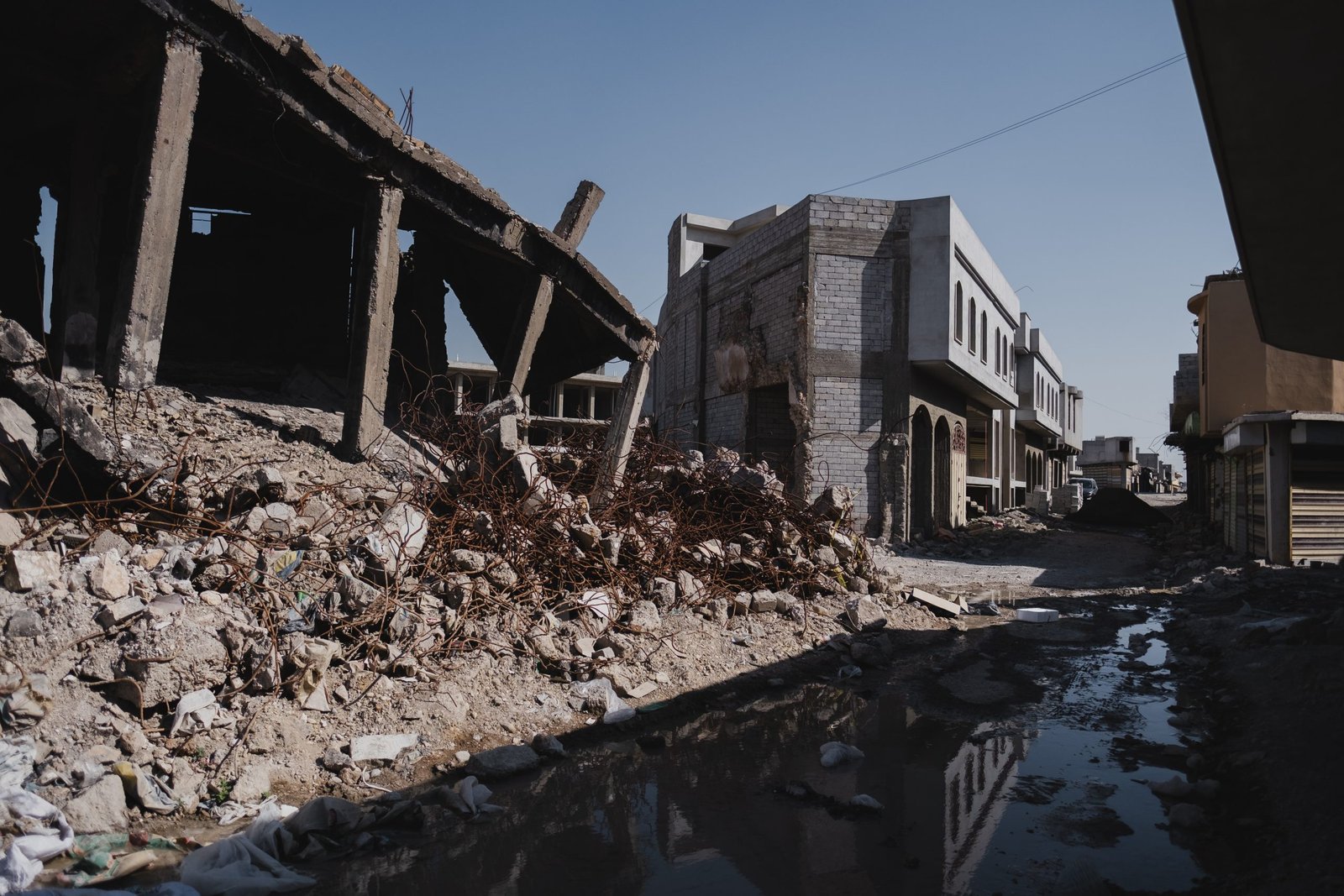Morocco: Rise in Unemployment and Socio-Economic Inequalities Faced with the Rise of the Prime Minister’s Fortune
Morocco faces several challenges today, including:
1. Unemployment and Underemployment: An increase in unemployment, particularly among youth, and the persistence of underemployment pose economic and social challenges.
2. Socio-Economic Inequalities: Inequalities persist, creating disparity between different segments of the population and raising concerns about the distribution of wealth.
3. Poverty and Economic Hardship: Growing economic hardship and high poverty rates are challenging the country’s socio-economic stability.
4. Inflationary Pressures: Double-digit inflation is putting pressure on the cost of living, especially on basic foodstuffs, which is causing concern among the population.
5. Governance and Technocracy: A growing perception of a technocratic and unsustainable government, raising concerns about the government’s ability to meet the needs of the population.
6. Social Fracture: A growing division between a population seeking a better life and a government perceived as disconnected from daily concerns.
7. Political Uncertainties: Political uncertainties can also pose a challenge, with sometimes unmet expectations on the part of the population.
8. Business Climate: Economic reforms to improve the business climate and encourage investment are necessary to stimulate economic growth.
9. Education and Skills: Improving the education system and matching skills with the needs of the labor market are essential to promote sustainable development.
10. Security and Regional Stability: Security challenges and regional dynamics can also influence the stability of Morocco.
Solving these challenges requires a holistic and coordinated approach, combining economic, social and political reforms to promote inclusive and sustainable development.
At the start of 2023, Morocco is faced with an increase in the unemployment rate, particularly affecting youth. According to data from the High Commission for Planning, the number of unemployed increased by 83,000, from 1,446,000 to 1,549,000, an increase of 6%. This increase is explained by an increase of 67,000 unemployed in urban areas and 16,000 in rural areas.
The overall unemployment rate increased by 0.8 points, from 12.1% to 12.9%, with marked differences between urban (17.1%) and rural (5.7%) areas. This trend is also visible by gender, with an increase in the unemployment rate among men (from 10.5% to 11.5%) and women (from 17.3% to 18.1%).
Moroccan youth are strongly affected, with an increase of 1.9 points in the age group of 15 to 24 years, going from 33.4% to 35.3%. People aged 25 to 34 also experienced an increase of 1.7 points, from 19.2% to 20.9%.
The construction and public works sector created 28,000 jobs, while the agriculture, forestry and fishing sector recorded a drop of 247,000 jobs. The service sector also lost 56,000 jobs, and manufacturing lost 10,000 jobs.
In general, Morocco experienced a net loss of 280,000 jobs between the first half of 2022 and the same period of 2023, mainly due to the loss of 267,000 unpaid jobs and 13,000 paid jobs.
Underemployment remains a concern, with 513,000 people underemployed relative to the number of working hours, representing 4.9%. In addition, 562,000 people are underemployed due to insufficient income or incompatibility with their qualifications, representing 5.4%. In total, the active population in a situation of underemployment reaches 2,075,000 people, with an underemployment rate increasing from 9.2% to 10.3%.
The economic situation in Morocco presents challenges in terms of poverty, with persistent inequalities. The population faces growing difficulties, while economic disparity highlights social inequalities and raises concerns about the distribution of wealth in the country.
Indeed, a deep division is growing deeper every day between a population aspiring to a better life, as promised in the last election, and a government perceived as technocratic and difficult to bear.
The main current concern is the high prices of basic foodstuffs, a concern that threatens to continue unless concrete action is taken, and unfortunately little appears to be actually being done.
Faced with this concern, the government presents a ministerial cacophony, with contradictory declarations. Some ministers assure that measures are taken to control and sanction, while another encourages denunciation, also admitting that government measures have not had the desired effect.
This government impotence in the face of rising food prices raises concerns about the distribution of wealth and the government’s ability to meet the needs of the population.
At the same time, the fortune of the Moroccan Prime Minister, “Aziz Akhannouch & Family”, ranked 14th according to Forbes, has exploded. Rising from $1.5 billion in 2023 to $1.7 billion in January 2024, this $200 million increase from the previous year raises questions about economic inequality and wealth distribution in the country .
L.Hammouch
source link eu news








Post Comment
You must be logged in to post a comment.